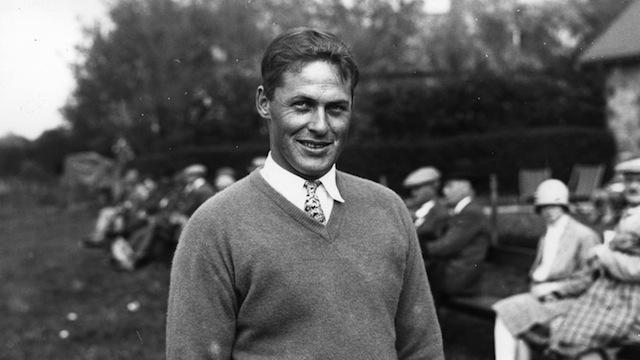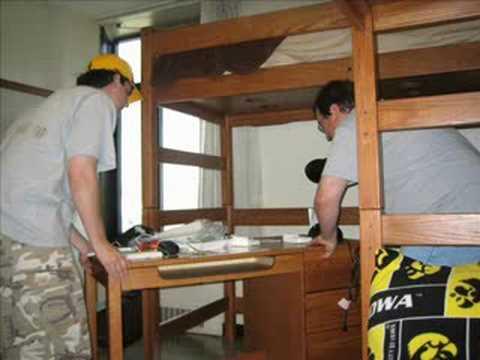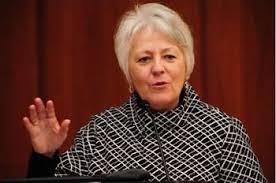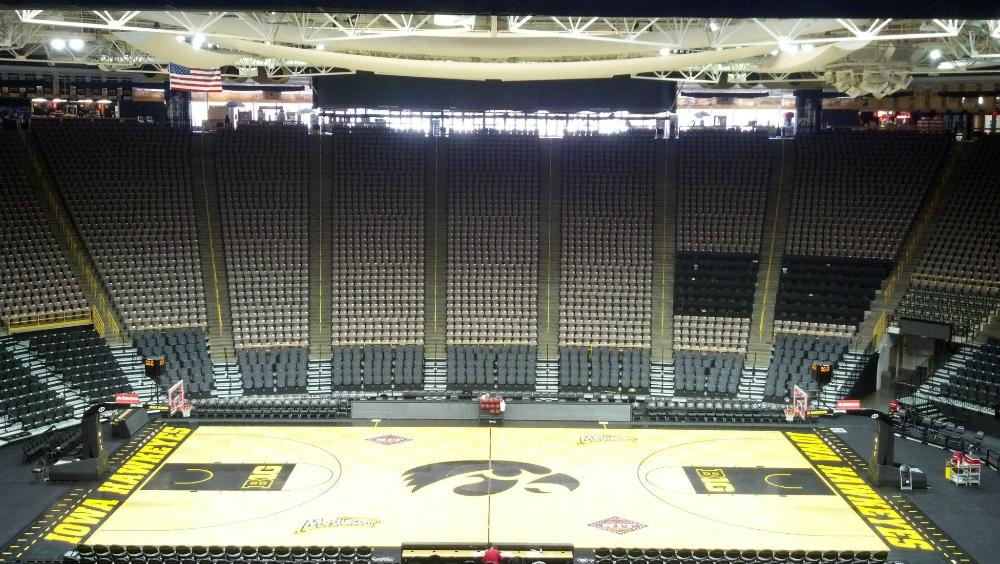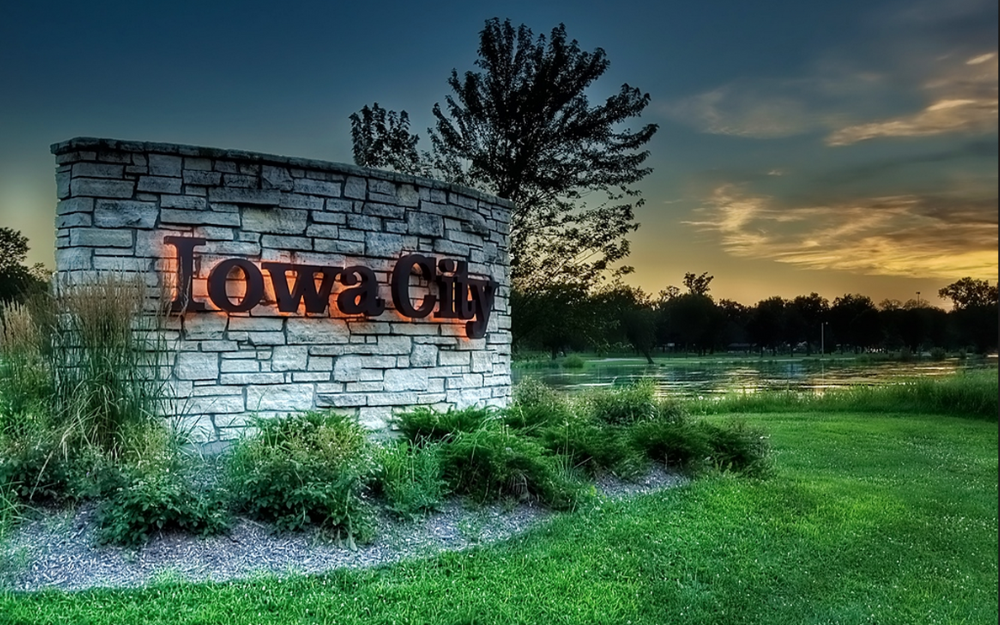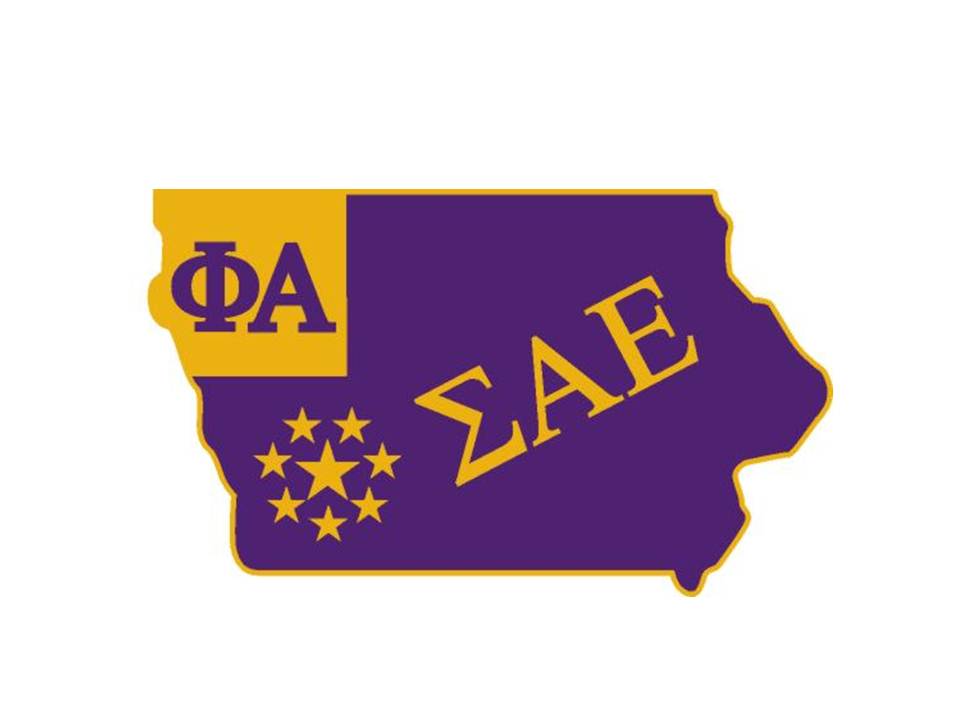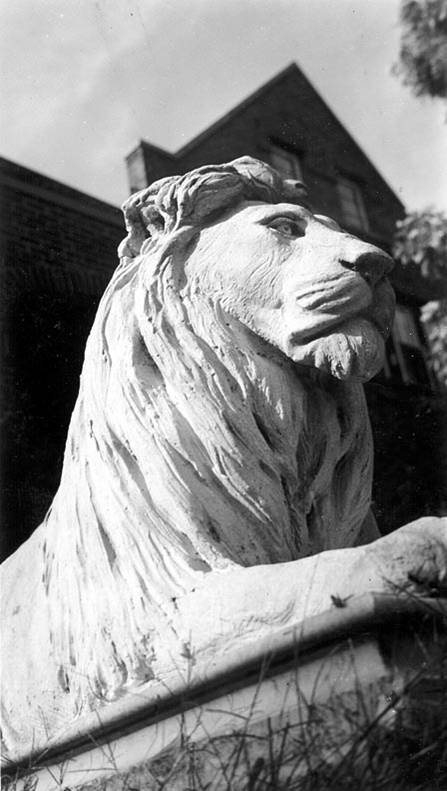A loyal family man, Shank shines as business leader and helped change how the world learns
By Greg Miller
Communications Chair and Director, Iowa Beta Alumni Association
It’s one thing to have the focus or as Steve Shank puts it, “compulsive nature,” to succeed in academics, it’s quite another to apply your learning and be a key figure in the revolution of how people learn.
Shank (IABE ‘65) founded Capella Education Company, the parent company of Capella University, in 1991, and served as CEO of the company until his 2009 retirement. He retired as the chairman of Capella Education Company in 2010, a position he held since the company went public in 2006.
That sounds pretty impressive, but if you look a little deeper, Shank was a visionary who was part of a technological movement to break education out of the model that has been in existence for hundreds of years.
The traditional educational model is still alive today: School houses, people sitting in small desks in a classroom, a teacher at the front of the students, chalk and a black board.
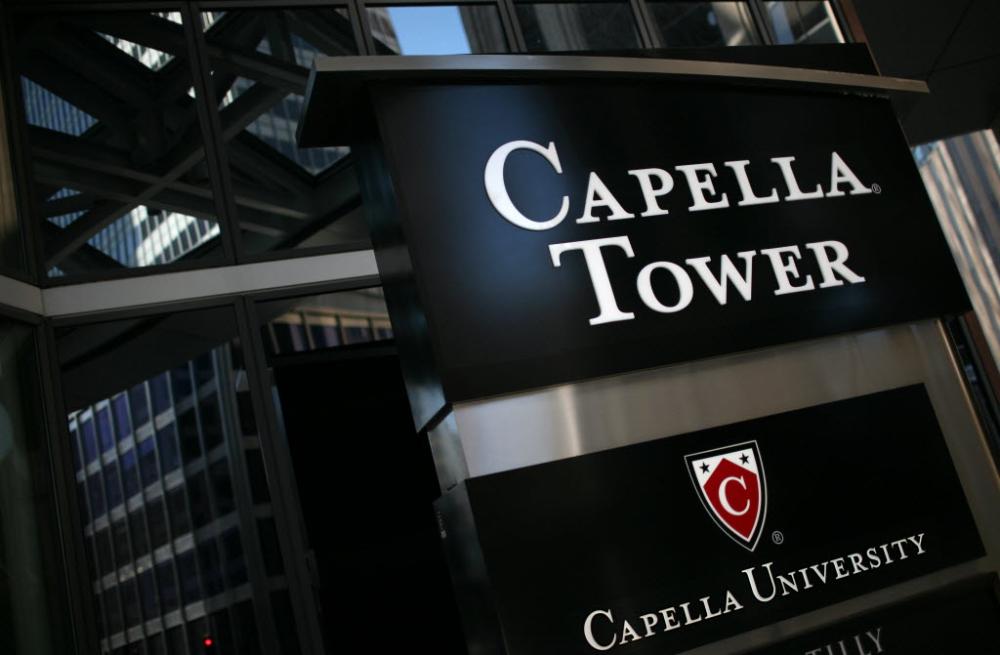
But what if you have a full-time job and a family? How are you going to break away from your job and family for weeks, months and semesters? For many, it is too demanding.
What Shank and his partner, Harold Abel, did was visionary in 1991, when most Americans had never even heard of the Internet. They founded an on-line school that could allow people to learn and earn an advanced degree remotely. The student can keep his job, stay at home with his family and not have to commute. That is a savings in time and money.
So how did Shank find himself in a position to be a part of this revolution? The story starts back in the early 1960s when Shank came to Iowa City.
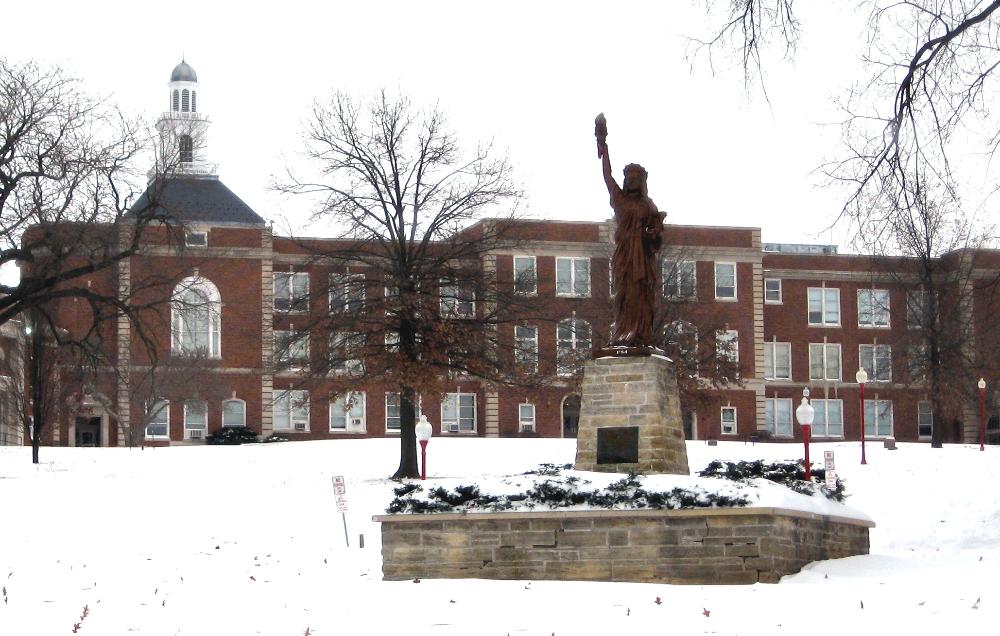
He spent his first three years of high school at Roosevelt High School in Yonkers, NY. When his father died his sophomore year, his mother moved back to her home of Iowa City before Steve’s senior year. He went on to graduate from Iowa City High School in 1961.
Steve’s father, Lou, was a vice president with Ethyl Corporation, a chemical company that gave the world leaded gasoline. Lou worked in Tulsa where Steve was born.
His mother, Lillian, was a homemaker and had been a schoolteacher. His brother, Warren, who obtained his law degree from Iowa, spent most of his life in Des Moines working for Banker’s Life. Steve’s sister, Sue Tesdahl, received her undergrad and master’s degrees from Iowa and she has spent her career in Cedar Rapids as a social worker. She also was a member of the Little Sister of Minerva program.
In late summer 1961, he stepped onto the Iowa City campus and rushed. He said that he took a look at other fraternities but by far, SAE was the most attractive.
“For most of us who rushed, there were three guys who most of us recall as being the most visible: Rhodes Lawton (IABE '62), Howard Kennedy (IABE '62) and Bob McCauley (IABE '63),” Shank said. Rhodes and Howard were seniors and Bob was a junior. Denny Porter (IABE '62) was the president. There was a lot of camaraderie and you could tell this was a great group of guys.”
In his freshman and junior years, Shank lived at home and in his sophomore and senior years, he was a resident of the SAE house. That senior year, Shank served as Eminent Archon.
Shank was initiated into the Fraternity on March 25, 1962 and received badge number 114636. Three of his closest pledge brothers who also activated on that day are Bob Finch (IABE '65), who hailed from Arlington Heights, IL; Tom Smallwood (IABE '64) from Fort Madison, IA.; and Jim Ross (IABE '64) from New Brunswick, New Jersey. Cedar Rapids native Flip Klinger (IABE '64) was a sophomore at the time and served as the pledge trainer.
.jpg)
“These guys were just fantastic and our personalities just clicked,” Shank said.
One of Shank’s fonder memories was when Bo Diddley was the musical entertainer for the 1964 winter formal.
“I am not sure how we secured him, but I know that it was always an interesting issue in how we were going to pay for formals and stuff like that,” he said.
He said the friendships and the parties were a real highlight. But he said his driven nature helped him focus and he finished toward the top of his class.
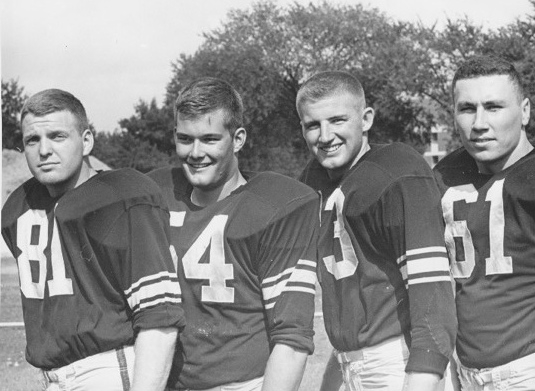
Shanks said that it was great to be brothers with the SAE athletes, who mostly played football. They included Gary Fletcher (IABE'64), Mike Reilly (IABE '64), Bob Sherman (IABE '64), Bill Niedbala (IABE '64) and Jim Cmejrek (IABE '66).
“For me, SAE was a great environment where I could socialize and pay attention to the books,” Shank said. “My senior was challenging as EA in the fact that you have a bunch of high-energy, high-spirited guys and your job is to keep them inside the lanes. I actually had one meeting with the Dean of Student Affairs, which is not something I wanted,” he laughed. “But going through all of this was a valuable exercise in leadership."
Alcohol, which presents a compliance struggle for most fraternity presidents to enforce today, was strictly forbidden in the house at the time and sometimes the school would conduct surprise inspections.
"For me, the whole SAE experience for me made me stronger as a person and made me more interested in other people,” Shank said. “And you had to learn to influence other people who did not always agree with what you think they needed to do. It taught me the beginning of understanding people in the world that we were moving into was not about telling people what to do, it was about influencing and persuading them.

“And I did not struggle with the social graces and dinner etiquette but people skills were much more of a learning curve.”
Academically, Shank had a double major in political science and history.
“I was pretty focused on going to law school after I had finished at Iowa (in 1965). I always thought that I would go into politics,” he said. “At the time, that was in my head. I applied to go to law school my senior year, but as is life, quirks keep happening. I was awarded a Woodrow Wilson scholarship. “
So Shank took a one-year detour and worked on his masters in international relations at the Fletcher School, which is a joint program between Tufts and Harvard Universities. He studied on the Tufts campus in Medford, MA and completed the degree in 1966. The detour resulted in Shank being drafted as the Viet Nam war began to escalate.
Shank enrolled in the Army Infantry Officer’s Candidate School program and completed it. He was not assigned combat duty, rather, he served at the NATO headquarters in Belgium.
Shank met his wife, Judy, from Jefferson, IA, when they were freshmen. Judy was a nursing student a member of the Little Sisters. On July 16th they celebrated their 50th wedding anniversary.
He recalled that when a couple pins, it is a private encounter, but the SAE brothers would acknowledge and celebrate the couple with a serenade. Shank struggles to remember the details but he said he thinks the serenade took place at her Alpha Delta Pi sorority house.
After Shank served three years in the military, he and Judy returned to Massachusetts, where Steve enrolled in Harvard Law school and Judy continued her studies at Boston University and served as an associate professor.

After Shank graduated from law school in 1972, he took a job with the Dorsey Law Firm in Minneapolis, where he practiced corporate law for a few years. In 1974, he took a job as general counsel for Tonka Corporation, which was on the New York Stock Exchange. He was a natural fit because at Dorsey, he did legal work for Tonka.
In 1979, he was named as the CEO of Tonka Corporation where he served in that role until 1991. During this time, The Wall Street Transcript twice recognized Shank as the industry’s most outstanding chief executive officer. In 1991, Hasbro bought Tonka and made it one of its divisions.

“With the company sold, I had to find a new job and instead of working a job, I had gotten this idea to start an internet-based university,” he said. “In 1991, I founded the first internet university in the United States, Capella University.”
The toy business had an aspect to it that gave Steve the idea and confidence to push for an internet-based university, though most American widespread knowledge of the Internet would not occur until a few years later.
“In the toy business, I had insights to computer gaming,” he said. “I sort of had a gut feel as to where the digital world was going. We started with graduate students who were involved in direct study. We paired them with professors on individual work projects. We built a faculty and got approval to function as a degree-granting university. We then figured out how Internet education should work and then waited a few years for the technological world to catch up to us.”
In 1992 the URL system was created and the HTML language was developed in 1994. Bother were important to the proliferation of internet learning. In 1991 AOL for DOS was introduced and AOL for Windows came to the market the following year.
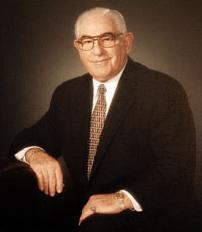
“From that point on, it was reasonable bet that something big was going to happen,” he said. “My partner, Harold Abel, helped guide me through all of this. He had served as the president of Central Michigan University. He played a critical role in establishing the structure of the university and obtaining its credibility.”
I also was aware that colleges and universities were not catering their services to meet the needs of working adults who were well into their careers who desired an advanced degree. Working people didn’t want to go to the campus to do that. “
Shank got a friend who was in private equity to help him fund the launch. Over the years Phoenix University has been the dominant player in on-line undergraduate education and Capella University the on-line dominate company in graduate education.
“We do offer undergraduate degrees, but 75 percent of our enrollment is graduate,” he said. “Primarily the people taking our graduate courses are fully employed so they save by keeping their job and not having to pay room and board and commuter costs.”
Shank now serves on the board of Tennant Company, which provides environmental-based solutions and cleaning products as well as large floor-sweeping machines.
Shank has been a devout family man. When the couple moved to Minnesota, they raised two daughters and when the kids were in elementary school, Judy went to the University of Minnesota and became MD in dermatology and then she opened a medical practice.
Their oldest daughter, Susan, is a Twin Cities-based financial consultant and Mary is a research chemist in the Philadelphia area. Judy and Steve also have two grand children who were adopted from China.
The Shanks still spends three summer months in Minnesota but their primary home is in Sarasota, FL.
Iowa Beta gearing up heavy recruitment activity in August
The wheels are in motion for the Iowa Beta chapter's return to the University of Iowa campus in August. Sigma Alpha Epsilon is actively recruiting and organizing a "Phoenix Colony" which will become a full fledged chapter again after a series of milestones have been met and goals have been achieved.
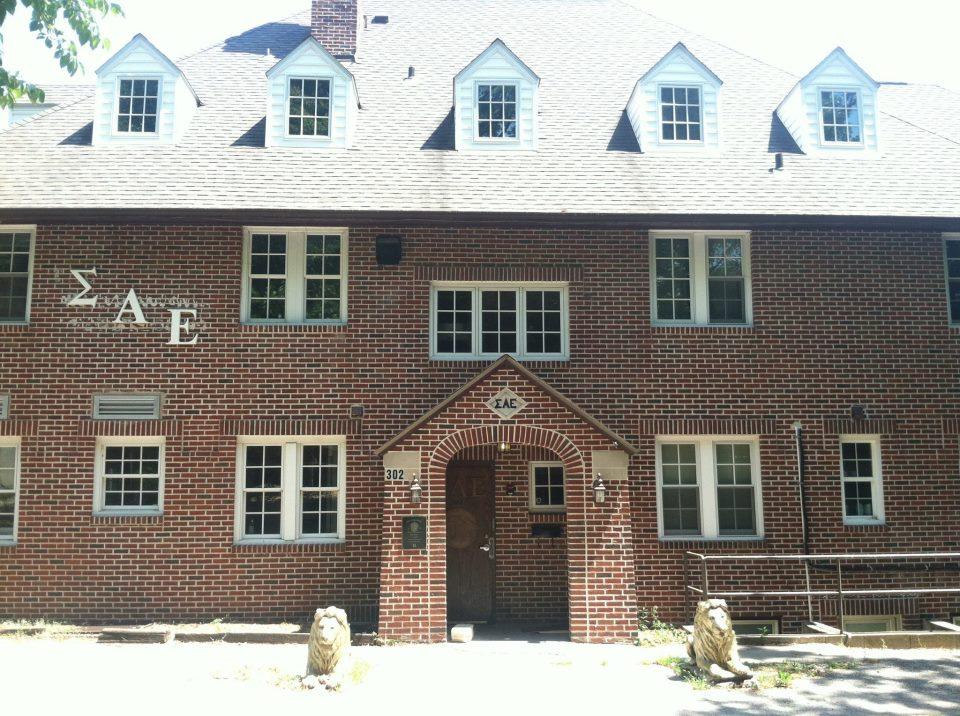
The chapter house located at 302 Ridgeland Avenue (formerly known as 303 N. Riverside), which is owned by the Iowa Beta House Corporation, is being rented to Tau Kappa Epsilon currently, but the men of SAE will regain occupancy in August of 2017. The national SAE staff is involved in helping Iowa Beta’s interest group organize the approximately 25 young men who have already shown an interest in forming the colony. Formal Fall Rush begins in August.
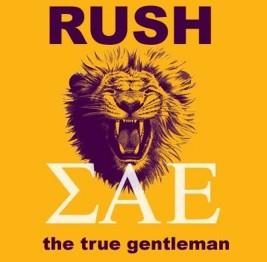
The SAE Fraternity Services Staff involved in Iowa Beta's resurgence include Aaron Birney, Adam Beckerleg, Everet Thompson, Russell Best and Jeff Hall. Their meetings will begin on August 15th to kick off activities.
Two important dates for Iowa Beta alumni are an interest meeting event, which is planned for August 18th and the Colonization Ceremony on September 1.
The Iowa Beta Alumni Association has assembled a team of volunteers to be the Alumni Advisory Board, helping the newly minted colony to thrive and flourish.
The Alumni Advisory Board is a standing committee of the Iowa Beta Alumni Association. The members of this committee are:
- Tom Halterman (IABE '89), Committee Chair
- Bobby Thompson (IABE ’07), Committee Vice Chair
- Joe Evans (IABE ’86)
- Jeff Formeller (IABE ’14)
- Bob Hall (IABE '66)
- Ryan Johnson (IABE '14)
- Don Keeley (IABE '88)
- Bill Vipond (IABE '86)
- Randy Iskowitz (IABE '88), president, Iowa Beta House Corporation
- Marc Rosenow (IABE '86), president, Iowa Beta Alumni Association
That first week of activities include an introductory meeting on August 17th, which is the University’s move-in day. The students and alumni will be introduced on August 18th and 19th. A “Be Greek BBQ” is on the slated for August 20th at Hubbard Park where more interviews will be conducted.
The first day of classes is August 22 and marketing activities will commence this week such as tabling, referral meetings, gatherings and presentations to organizations. On the 24th, a formal recruitment preparation will be planned. Fraternity presentations will be conducted at the Iowa Memorial Union on the 25th and 26th.
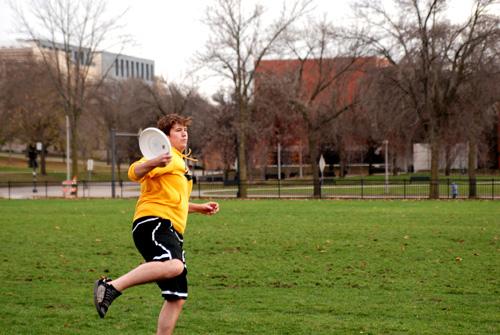
During the weekend of Aug. 27-30, unlimited chapter visits will occur with final viewing the night on the 30th. That will be by invitation only. Fraternities can plan a maximum of two events. A student organization fair is planned for the early evening of August 31 at Hubbard Park.
Bid Day and an Interfraternity Council commencement ceremony will occur on Thursday, Sept. 1 and Iowa Beta’s colonization ceremony will take place. With the recruitment and ceremonies taken care of, colony and officer training will begin on Sept. 2nd.
"For four years now, the Iowa Beta Alumni Association has been working and preparing to reoccupy the house with a healthy and active undergraduate group of men," said Rosenow. "Things are really getting exciting as this colony is being formed. I am so proud of the tireless efforts of all our alumni who have made a contribution for this to become a reality."
QUIZ ANSWER: The legendary Bobby Jones
Bobby Jones (GA Phi '22) earned his Masters Degree from Georgia Tech, where the SAE house is named after him.
He founded and contributed to the Augusta National Golf Club's design, and co-founded the Masters Tournament. The innovations that he introduced at the Masters have been copied by virtually every professional golf tournament in the world.
As an amateur, Jones was the most successful golfer ever to compete at a national and international level. During his hey dey from 1923 to 1930, he dominated the highest levels of amateur competition, and competed very well against the world's best professional golfers. Jones often beat the era's heavyweights such as Walter Hagen and Gene Sarazen.
Jones earned his living primarily as an attorney, competing in golf on a part-time basis. Though he chose to retire from golf at 28, he earned substantial money from golf as an instructor and equipment designer.Explaining his decision to retire, Jones said, "It [championship golf] is something like a cage. First you are expected to get into it and then you are expected to stay there. But of course, nobody can stay there."
Jones is most famous for his unique Grand Slam, which is the sum of his 1930 victories in all four major golf tournaments of his era, which were the open and amateur championships in both the United States and Britain. Jones played in 31 major tournaments, winning 13 and placing among the top 10 finishers 27 times.
House on hill nice
option for SAEs
The members of Sigma Alpha Epsilon at the University of Iowa will have an outstanding option for housing in the fall of 2017 when they reoccupy the SAE house, as the campus desperately scrambles to put a roof over students’ heads.
The University of Iowa, with 700 first-year and transfer students still awaiting housing assignments, is converting double rooms to triples, leasing another apartment building, and limiting space for returning students, according to a story by Vanessa Miller of the Cedar Rapids Gazette.
UI has seen year-over-year increases of late, reporting a freshman class of 5,241 last fall — 575 more than in 2014 and the largest in school history. Officials expect to welcome another historic first-year class in August, anticipating a 500-student increase.
“Our undergraduate brothers will have the option to live in the SAE house, which can comfortably house 25 - 30 men,” said Housing Corporation president Randy Iskowitz. “And we can offer them a memorable experience of living with brothers whom will remain lifelong friends.”
Miller’s story reported that all three of Iowa’s public universities are committed to housing first-year and transfer students — at a minimum — and have seen those classes expanding.
Iowa State University, currently working to pare down a 186-student waitlist for campus housing, is converting its 53 memorial union hotel rooms into student housing and in recent years boosted capacity by adding apartment style beds and leasing off-campus apartment units.
Iowa State has witnessed nine consecutive years of growth, including seven back-to-back years of record enrollment, and officials expect to do it again this fall — projecting a total enrollment of around 36,540, above the fall 2015 enrollment of 36,001.
At the University of Northern Iowa, officials are projecting a third consecutive increase in first-year students, and freshmen housing contracts are up 5 percent compared to this date last year.
Miller’s story went on to say:
Board of Regents documents show UNI has room to grow, with 4,337 students filling 95 percent of its 4,557 available beds last fall. But UI and Iowa State have none — with both schools operating over capacity last fall and expected to do so again in the next academic year.
The institutions are racing to erect new residence halls that in 2017 would add 1,049 beds at UI and 784 beds at ISU. And UI officials are in the early stages of planning for another new residence hall near the athletics and medical campuses.
The UI housing capacity for the 2016 academic year is about 6,500, and officials expect to accommodate the overage — in part — through expanded housing. That involves converting residence hall lounge space into student rooms.
Including some conversions made last year, UI Housing and Dining is transforming 300 double rooms to triples — mostly in Burge, Daum, and Stanley halls. Most of those conversions are occurring in 250-square-foot or larger rooms that originally were built to house three roommates but recently were used as doubles.
Former UI president resigns from faculty
Sally Mason, the former president of the University of Iowa, submitted her letter of resignation last month, saying she wouldn’t return to teaching or research at the university, according to a report in the Iowa City Press-Citizen.
Mason was president from 2007 until July 31, 2015, when she transitioned into a tenured position with the Biology Department. On June 30 Mason completed the terms of a five-year deferred compensation agreement that paid her $625,000.
The plan, approved in 2011, called for $25,000 in deferred compensation for the first year and $150,000 for every year after that. UI officials have confirmed the payment was processed this month.
Her husband, Ken, also vacated his position with the Biology Department.
New scoreboard on its way to Carver-Hawkeye
Carver-Hawkeye Arena is awaiting a state-of-the art Daktronics scoreboard, featuring custom designs by Anthony James Partners. The new system will be installed by the end of summer.
“Carver-Hawkeye Arena remains one of the great college athletic venues and we are excited to work with Daktronics on upgrading our scoreboards,” said UI director of athletics Gary Barta in a story by Arena Digest. “Adding state-of-the-art video and audio equipment will make the student-athlete and fan experience even greater. Hawkeye fans make Carver-Hawkeye Arena a special place and these enhancements will no doubt bolster the environment moving forward.”
A four-sided video system is the centerpiece and the two main center-hung displays will measure approximately 14.5 feet high by 26 feet wide and the other two center-hung displays will measure 9.5 feet high by 16.5 feet wide, the report said. These displays will feature a tight 6 millimeter line spacing to provide crisp, clear imagery with wide angle visibility to appeal to every seat in the arena.
These displays allow for variable content zoning which can display one large image or to be divided into multiple zones to highlight any combination of live video, instant replays, statistics, game information, animations and sponsorship messages.
Four auxiliary displays, two at each end of the arena, will be installed as part of the upgrade. Two will measure roughly 9.5 feet high by 80 feet wide and two will measure 9.5 feet high by 48 feet wide. An additional display measuring 3 feet high by 9 feet wide will be installed along the sidelines.
Eight digital scorer’s tables, each measuring 2 feet high by 9 feet wide, are included in the installation and can be arranged in any formation.
Growing up - sure - but how about growing old?
Do you miss Hawkeye football and basketball games and being a part of the University? Is Iowa City one of the destinations you've considered for your retirement years?
If so, there's good news. Iowa City was named by the New York Times on a list of "good cities to grow old in."
The list said Iowa City has "lively entertainment, sports and, often, ample jobs for people not yet ready to stop working." The post also pointed out Iowa City was among the best small cities for successful aging in a ranking by the Milken Institute in 2014.
The Times factored in low healthcare costs in Iowa City and "financial incentives for the construction of affordable housing" as age-friendly features. The report went on to says Iowa City provides "door-to-door transit service for those unable to use the bus system."
The article also listed Portland, OR, New York City, Los Angeles, Madison, WI, Cleveland, Minneapolis and Sausalito, CA. as good cities for aging residents.
While creating the ranking, the Times factored in the availability of affordable and safe housing, opportunities to stay engaged in activities, access to health care and opportunities to work.
Disclaimer: All images used by the Iowa Beta Alumni Association (the "Alumni Association") are either owned by the Alumni Association, authorized for use by the Alumni Association or are used under Fair Use for education, information and news purposes by a 501(c)(3) nonprofit organization. If you are the copyright holder of a certain image and wish us to remove that image, please contact us at the email address below.
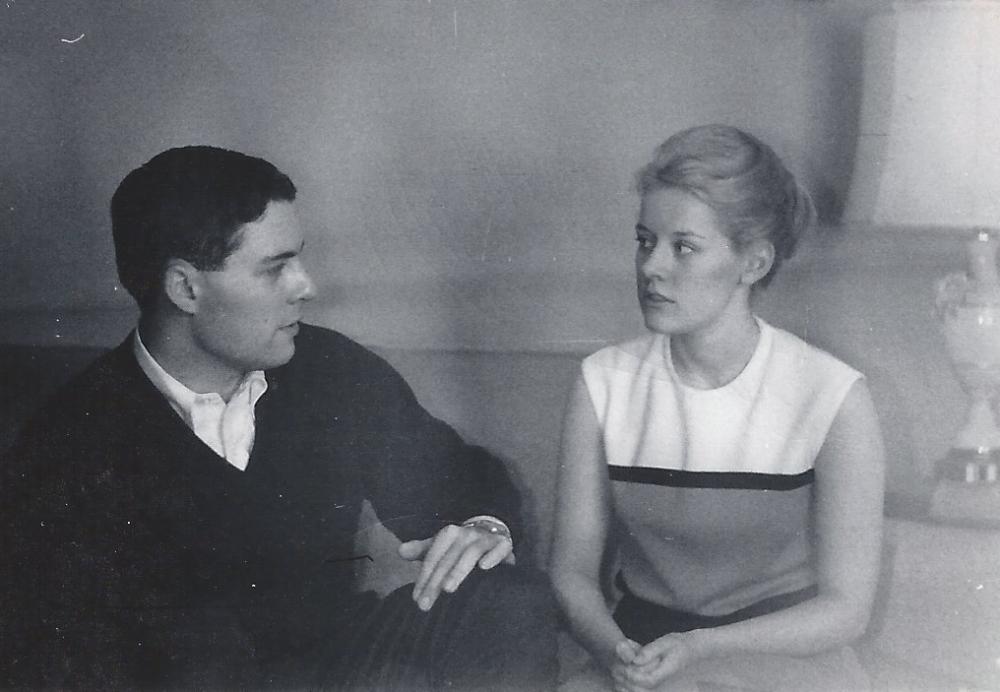
.jpg)
